Blog
-
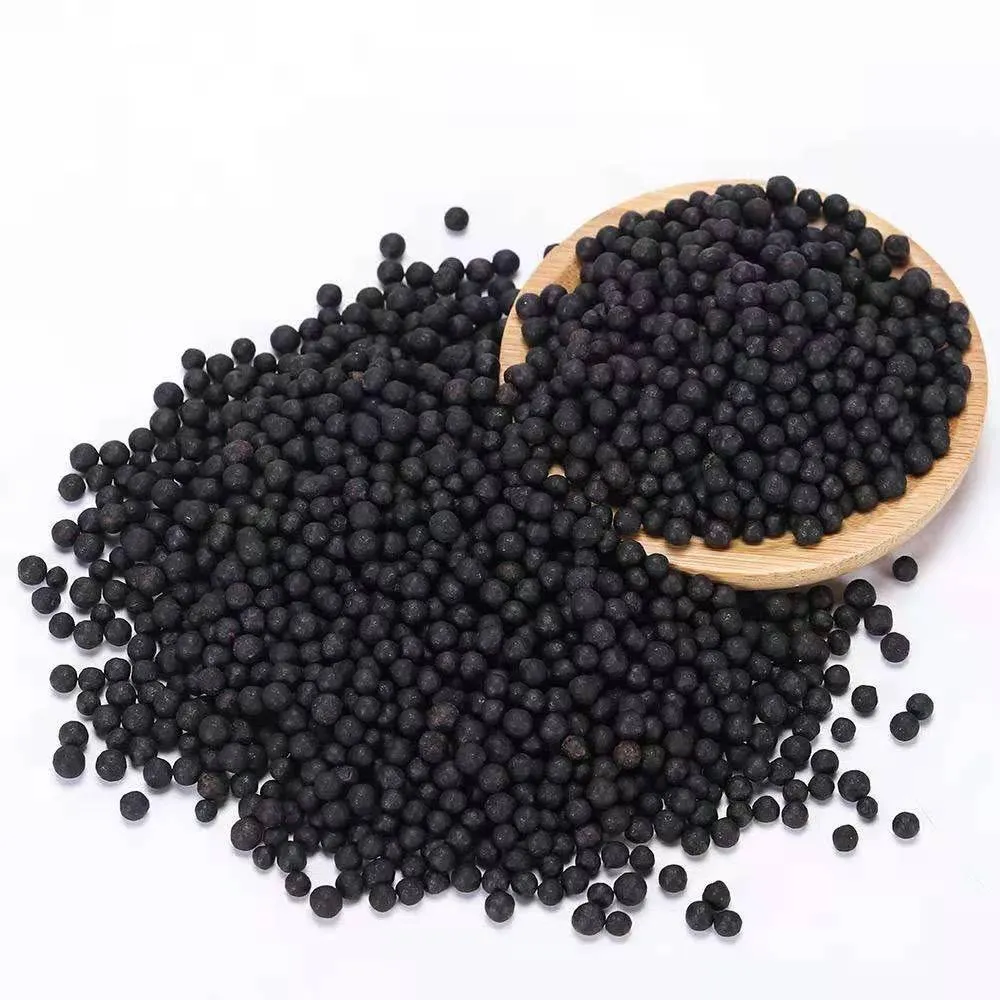
Green Promises, Natural Choices: The Benefits of Organic Garden Fertilizer
In our quest for vibrant gardens, organic garden fertilizer emerges as a hero. Sourced from natural materials, this fertilizer is rich in essential nutrients such as nitrogen, phosphorus, and potassium. Unlike chemical fertilizers, it improves soil structure, enhances microbial activity, and increases water retention. These benefits make organic garden fertilizer a cornerstone for healthy, flourishing plants.En savoir plus -
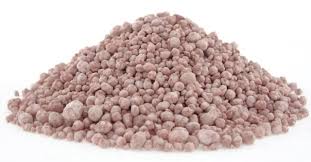
Types Of Fertilizers And How To Pick The Right One
Fertilizers play a crucial role in ensuring that plants receive the nutrients they require for optimal growth and development. Different types of plant fertilizers are accessible to farmers, but the two most common are organic and inorganic. Nutrients in organic products are gradually released while the substance decomposes over time, while artificially synthesized inorganic products allow for the rapid uptake of nutrients by plants. However, the organic type of fertilizer is better for the soil and the ecosystem in the long run. Precision farming platforms simplify fertilizing at varying rates, maximizing the benefits of each fertilizer type.En savoir plus -
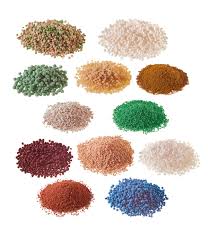
What Does NPK Stand for on Fertilizer Bags?
If you’re unfamiliar with the science behind fertilizers, you might be wondering, what does that trio of numbers on the fertilizer bag mean? The simplest explanation is that fertilizers are plant food. But when you walk into a plant store, greenhouse, or hardware store, it quickly becomes apparent that it’s not that simple. There will be a whole section teeming with different fertilizer options. Often it’s easiest to grab whichever one has the name of the plant you’re trying to feed, like tomato, or evergreen, or bloom fertilizer.En savoir plus -
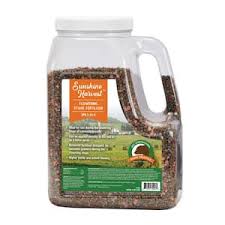
Breaking Down NPK Ingredients
Nitrogen is a vital element for plant growth because it’s a significant part of chlorophyll, which plants need for photosynthesis (the process of using sunlight, water, and carbon dioxide to produce oxygen and energy). Its regular uptake by plants stimulates the production of new cells, which contributes to bigger leaf size and higher stems.Plants need a continuous supply of this nutrient to grow, but nitrogen deficiency in the soil is common. NPK fertilizers provide plants with an accessible source of this essential nutrient.En savoir plus -

Look at the N-P-K Ratio
Fertilisers are a crucial part of crop production and play an important role in ensuring optimal growth and yields, which is why it’s vital to get the right fertiliser for your crops. With so many different types of fertilisers available on the market, it can be challenging to know which one is the best fit for your farm.The first thing that you need to do to determine the right fertiliser for your farm is to understand your soil type and the specific nutrient needs of your crops. You can do this by looking at the N-P-K ratio and considering the timing and frequency of the application.It is imperative to do some research to make an informed decision when choosing a fertiliser for your farm this year. Whether you’re a seasoned farmer or just starting, it’s vital that your crops get the nutrients they need to thrive.En savoir plus -
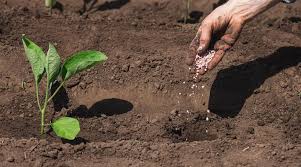
Understanding NPK fertiliser
Fertilisers are food for plants that can be bought in concentrated and compact form such as pellets, granules, powder, or liquid. Fertilisers that contain the three major nutrients, NPK, are known by a variety of terms. These include All purpose, All round, Complete, Compound, General Purpose and Universal. There are many different brands and types of all-round fertiliser. As these ‘general’ fertilisers, there are also fertilisers for specific plants such as tomatoes and roses.En savoir plus -
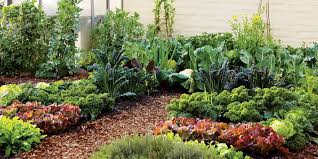
What Do the Numbers on a Fertilizer Bag Mean?
What are N-P-K and the three numbers on a fertilizer label? They indicate the amount of nitrogen, phosphorus and potassium in the fertilizer. Read on to find out why those nutrients and their numbers are important for growing a lush lawn or healthy garden.Shopping for plant food can be an intimidating experience for the uninitiated. It is easy enough to look for “Rose Food” or “Lawn Starter;” but if you really want to know what you are putting in your yard, or for that matter what you should be shopping for in the first place, you will need to read and understand the label.En savoir plus -
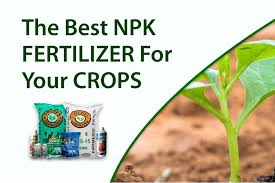
How to Select the Best Fertilizer for Your Lawn
Just like people and animals, grass and plants require nutrients to grow. Most grass and plants do not naturally produce enough of the nutrients they need to thrive, which can result in browning, wilting, and fewer blooms. Fortunately, fertilizers can give foliage a boost of vitamins and minerals through nutrients to increase the health of the plant.Healthy lawns are better equipped to resist disease, weeds, and pests which is why it is so important to increase the nutrients in turf and soil.En savoir plus -
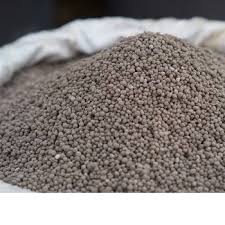
Plant fertilizer numbers – what NPK ratios mean and why they are important
Drew is a former professional gardener who specialized in growing vegetables and fruit. He worked in kitchen gardens for the National Trust in the UK for several years and then ran a productive walled garden growing vegetables, fruit, herbs, microgreens, and flowers for chefs. He has used a wide range of fertilizers over the years, always making sure he is choosing the right one to target the specific needs of his varied plants and vegetable crops.En savoir plus

